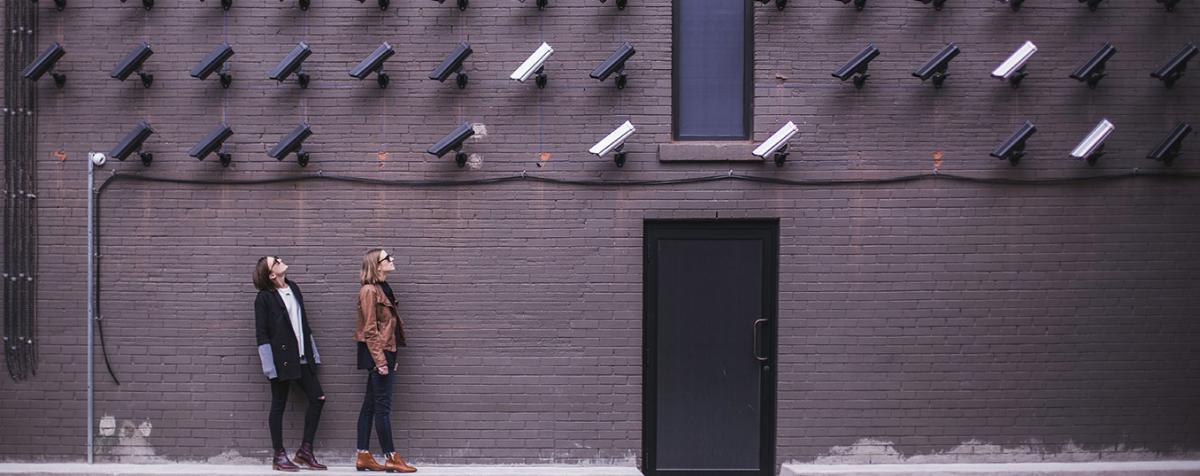A Joint Study of Judicial Inequality
Why Courts Fail to Protect Privacy
Our Partnership
The Fourth Amendment protects against unreasonable “searches and seizures,” but in the digital age of stingray devices and IP tracking, what constitutes a search or seizure? Researchers from the University of Denver and the University of Arizona collaborated to investigate disparities between judges’ intuitions and public expectations regarding personal privacy.
About Our Research
We leverage cross-institutional collaboration to address some of today’s most pressing challenges, producing interdisciplinary solutions that influence policymakers to effectively serve the public good. From Stanford to UChicago to NYU, we’ve refined our collaborative process through years of mutually beneficial relationships with institutions nationwide to understand and address challenges like climate change, HIV and youth homelessness.
DU’s current research efforts have been featured in news outlets like The New York Times. They include…
- exploring the effects of felony disenfranchisement.
- employing lasers as the medium for quantum science.
- using theatre to heal and rehabilitate inmates.









